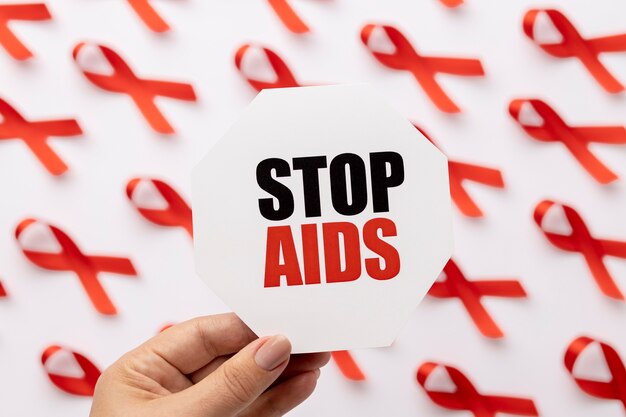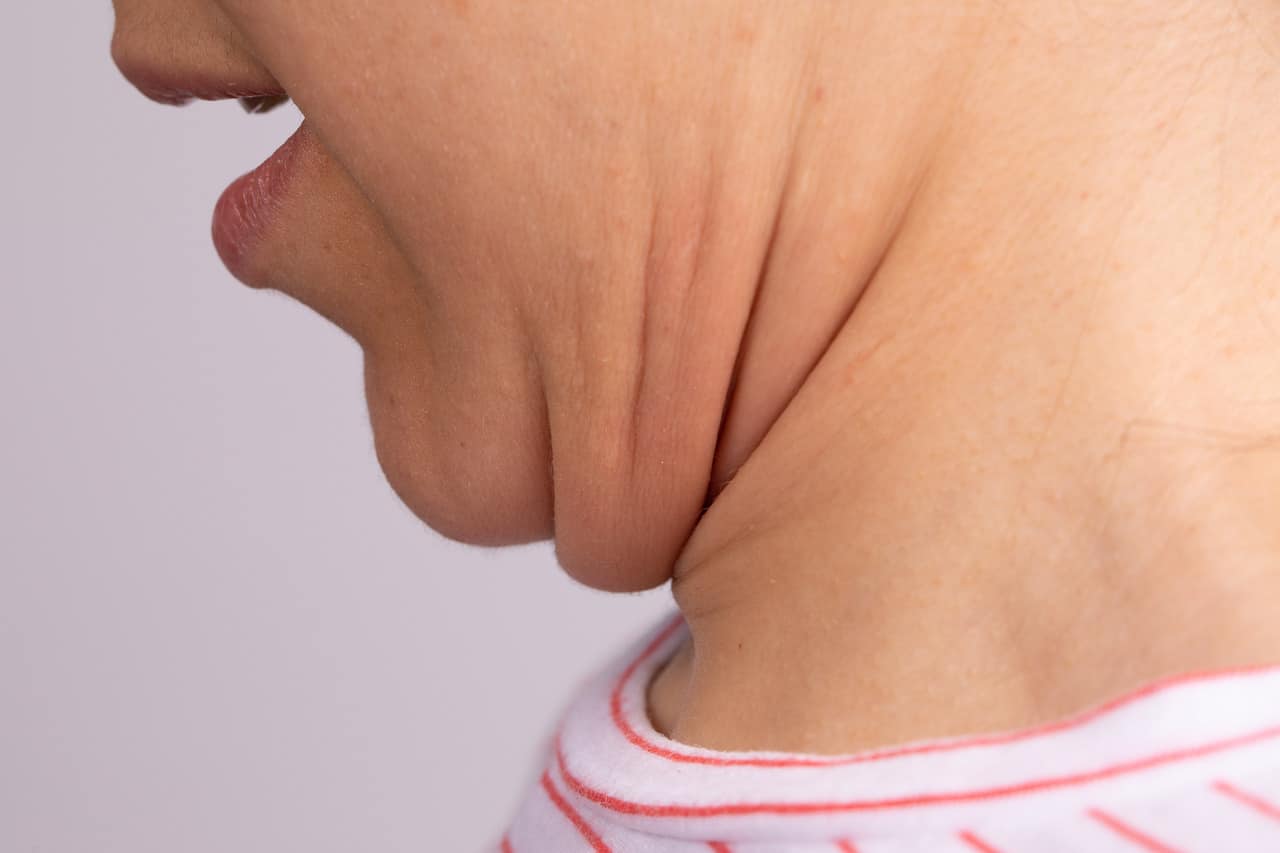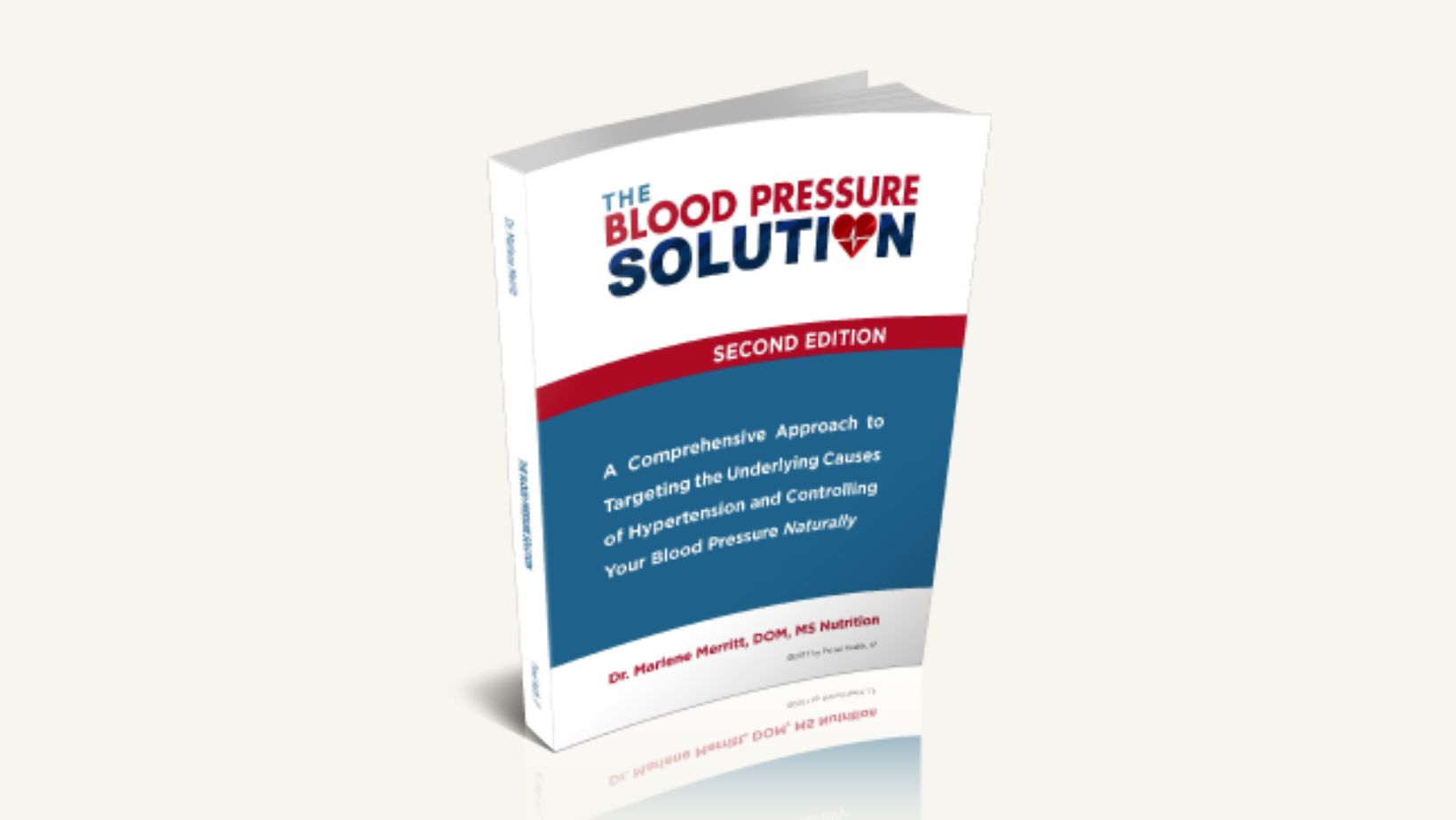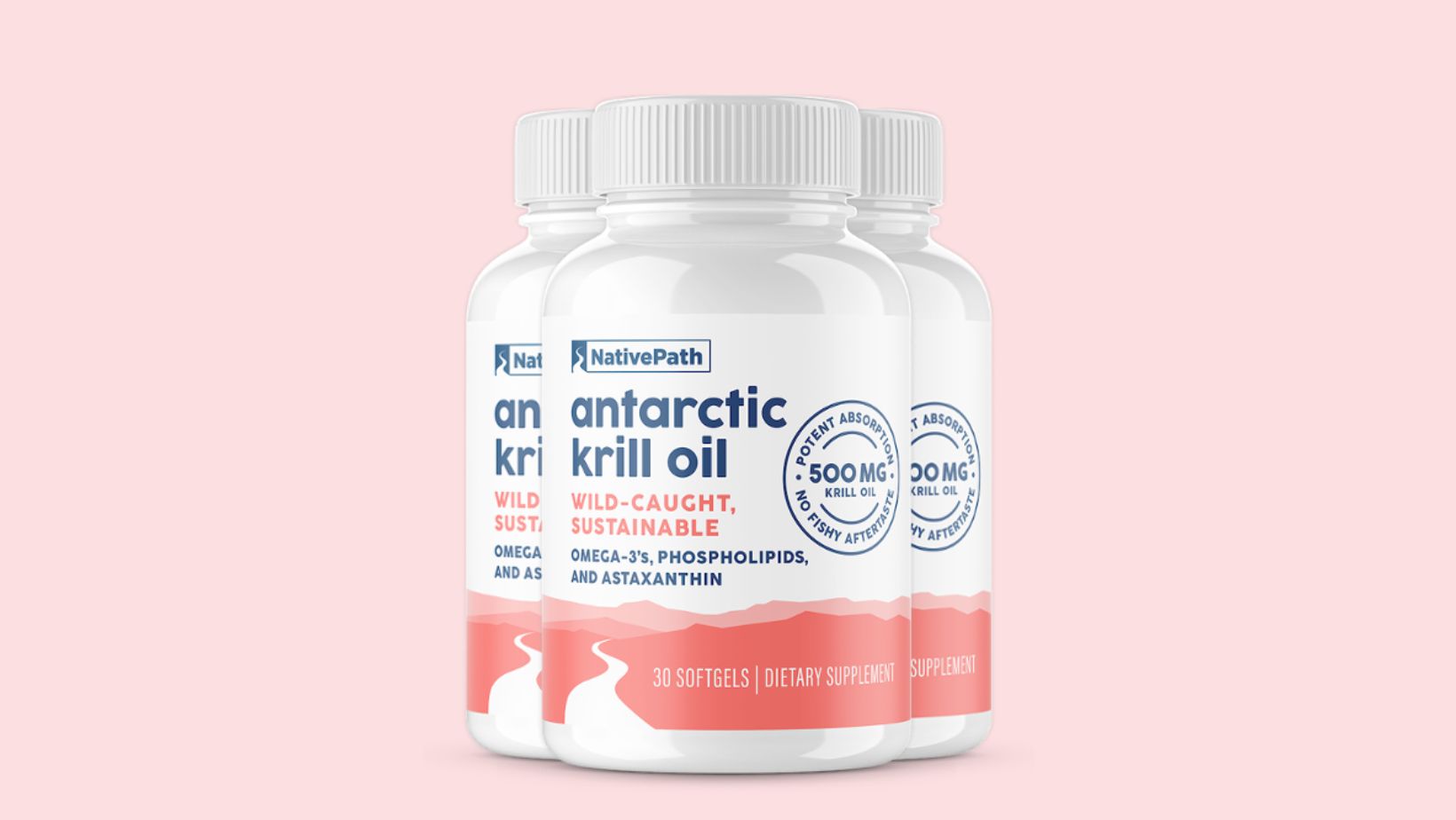Sinus infection (Sinusitis)is a prevalent ailment that affects millions of people globally. It can make life miserable. We’ll cover sinusitis causes, symptoms, and treatments in this comprehensive guide. Our goal is to help you understand and manage this illness.
It is an infection or inflammation of the hollow chambers in the bones around the nose and eyes. Sinus infections produce mucus to moisten the nasal passages and filter out pollutants, but they can cause pain and other symptoms.

Sinusitis can be caused by viruses, bacteria, or fungi. The infection swells and blocks the sinuses, blocking mucus drainage. This can cause mucous accumulation and symptoms like:
What are the types of sinus infections?
Sinusitis, or sinus infections, can be classified by numerous variables. Sinus infections are classified by duration, location, and cause. The following sinus infections are common:
Acute Sinusitis:This type of sinus infection lasts fewer than four weeks. Bacterial or viral infections like the common cold cause it. Facial pain, nasal congestion, thick nasal discharge, cough, and weariness are symptoms of acute sinusitis.Chronic sinusitis:Despite treatment, it lasts longer than 12 weeks. It can be caused by allergies, nasal polyps, or nasal channel structural anomalies and causes sinus inflammation. Chronic sinusitis symptoms are comparable to acute sinusitis but milder and longer-lasting.Subacute Sinusitis:This stage is between acute and chronic. Similar to acute and chronic sinusitis, it lasts four to 12 weeks.Recurrent Sinusitis:Multiple occurrences of acute sinusitis in a year are called recurrent sinusitis. It may be caused by allergies, immune system deficits, or sinus or nasal passage abnormalities.Maxillary Sinusitis:The cheekbones’ maxillary sinuses are affected by maxillary sinusitis. Acute or chronic, it can cause cheek pain, toothache, and nasal congestion.Frontal Sinusitis:The forehead’s frontal sinuses are affected. It might induce nasal congestion, severe headaches, and eye pain.Ethmoid Sinusitis:Ethmoid sinusitis affects the sinuses behind the nose and between the eyes. It can cause facial pain, nasal congestion, headache, and eye pain or pressure.Sphenoid Sinusitis:Sphenoid sinusitis affects the sphenoid sinuses behind the nose, deep in the skull. Symptoms include heavy headache, earache, nasal congestion, and pain behind the eyes.

A comprehensive examination and suitable diagnostic tests should be used by a healthcare expert to diagnose and classify a sinus infection. Treatment depends on the sinus infection’s kind, severity, and origin.
Causes of Sinus Infection
Several things might cause sinusitis:
Viral infections: Colds and flu can cause sinusitis. Inflammation and obstruction in the nasal passages caused by these viruses can impair drainage.
Bacterial Infections: Bacteria can cause sinusitis. Sinus bacteria can cause inflammation and infection.
Allergies: Environmental factors including pollen, dust mites, and pet dander can inflame the sinuses and induce sinusitis.
Nasal Abnormalities: A deviated septum or nasal polyps can block drainage and cause sinusitis infection.

Symptoms of Sinus Infection
- Sinus, often known as a sinus infection, causes sinus inflammation and infection. Sinusitis symptoms vary based on severity and type, but common symptoms include:
- Facial discomfort or pressure: You may feel pain or pressure around your eyes, cheeks, forehead, or nose bridge. When you bend or lie down, the pain may increase.
- Nasal congestion: Your nose may feel plugged, making it hard to breathe. Smelling may be tough too.
- Runny or stuffy nose: Your nasal passages may feel obstructed or discharge thick, yellow or green mucus.
- Headache: Sinus headaches often cause a dull, deep discomfort in the forehead, cheeks, or nose bridge.
- Toothache: Sinus pressure and inflammation can cause upper back teeth pain.
- Sinusitis can create a chronic cough that worsens at night.
- Sore throat: Postnasal drip, where mucus drops down your neck, can cause a sore throat.
- Fatigue: Sinusitis can make you fatigued and sick.
- Bad breath: Sinus discharge might smell bad.
- It’s important to note that these symptoms can also be caused by other respiratory disorders, so it’s best to see a doctor if you suspect sinusitis.

Treatments for Sinus
Sinus infection therapy varies on the cause and severity. Treatment options:
- Over-the-counter medications: Facial pain and inflammation can be relieved with acetaminophen or ibuprofen. Decongestant nasal sprays or saline nasal rinses can also help.
- Antibiotics: Your doctor may prescribe antibiotics to treat bacterial sinusitis.
- Nasal Corticosteroids: These prescription drugs lower nasal inflammation, improving airflow and drainage. They can help chronic sinusitis sufferers.
- Allergy medications: Your doctor may prescribe antihistamines or nasal sprays to treat allergies that cause sinusitis.
- Home remedies: Self-care can relieve symptoms and improve healing. These include utilizing a humidifier, warming face compresses, staying hydrated, and maintaining proper nose hygiene.
- Surgery: If chronic or recurrent sinusitis doesn’t respond to other treatments, surgery may be needed. Endoscopic sinus surgery can improve sinus outflow, clear obstructions, and rectify structural problems.









